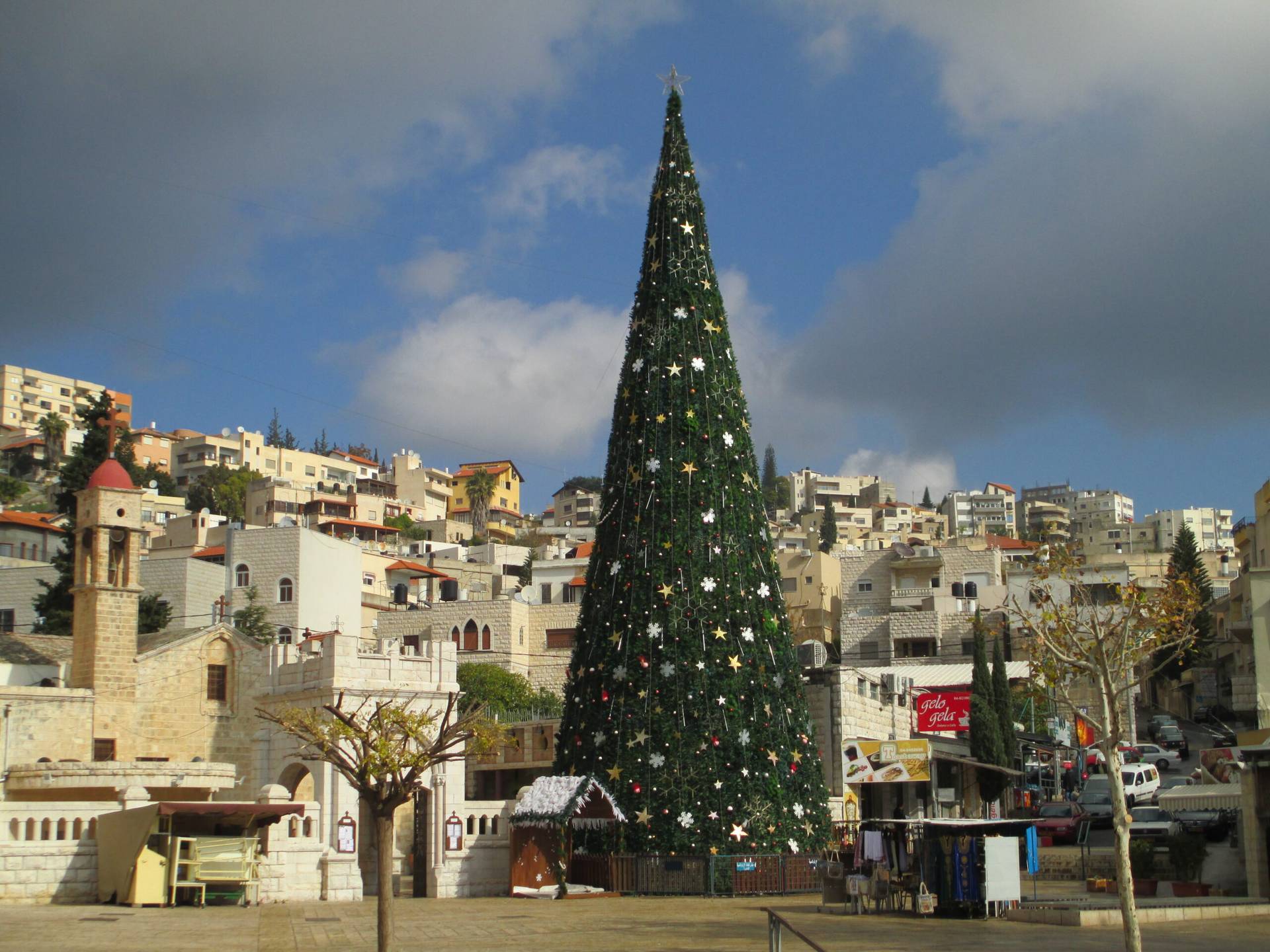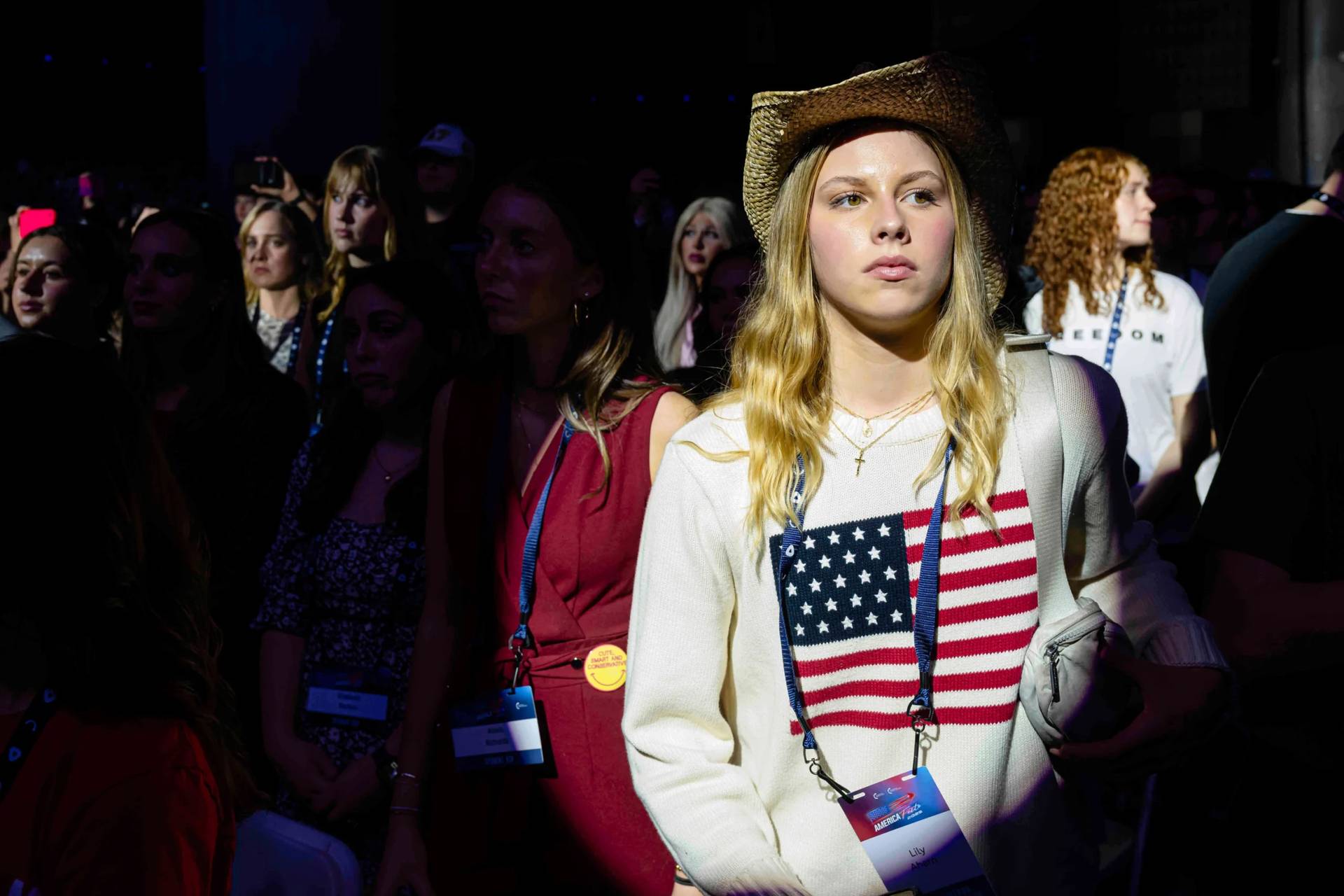ROME – When it comes to child abuse inside the Catholic Church, the spotlight has been aimed primarily on clerics, yet there is an increasing push to investigate lay movements and associations, many of which have faced their own abuse scandals in recent years involving both minors and vulnerable adults.
While these movements are not yet prominent in areas such as the United States or Canada, they are exploding in other parts of the world, including many countries in South America and Europe. As they grow, there are questions as to how exactly to handle problems within these entities when they arise.
In February, the Vatican sought to tackle the abuse issue at a global level with Pope Francis’s Feb. 21-24 summit on child protection, which drew the participation of presidents of all bishops’ conferences worldwide. Some lay experts attended; however, the meeting’s primary focus were clerics and religious.
Following that summit, the Vatican released new legislation stipulating mandatory reporting of abuse, including allegations against bishops and cardinals. The motu proprio, meaning a change to Church law on the pope’s authority, was titled Vos estis lux mundi, “You are the light of the world,” and it also broadened the definition of vulnerable adults in Church law.
While the document included norms for members and leaders of societies of apostolic life and institutes of consecrated life, it was considered by some to be vague on lay movements and their leaders.
RELATED: Pope’s new anti-sex abuse vague on lay leaders, movements
In June, the Vatican’s department for Laity, Family and Life, headed by American Cardinal Kevin Farrell, held a day-long meeting with more than 100 leaders of international lay movements and associations to address the abuse issue.
Experts from various fields offered speeches on different aspects of child protection, including the connection between sexual abuse and abuses of power and conscience and which legal instruments are available to the Church to deal with abuse allegations.
Jesuit Father Hans Zollner, who heads the Center for Child Protection at Rome’s Pontifical Gregorian University and who is also a member of the Pontifical Commission for the Protection of Minors, was one of the speakers who addressed the lay leaders at the meeting.
Speaking to Crux, Zollner said he believes “it is very much needed that the so-called new movements engage this,” meaning child protection, because “we are all part of this. It’s not only something that concerns clergy.”
“Many of these movements work with young people and with vulnerable adults in many kinds of social, educational and pastoral ministries, so there are many areas where safeguarding is an important aspect,” he said.
Due to the vast international spread of some of these movements, there are not only different levels of awareness about the problem of abuse and accountability, but complexities can also arise from the fact that “many times it is not always clear who is the responsible superior for any person,” Zollner said, since the movements are active in a diocese, but maintain their own internal hierarchal structure.
Noting that many lay movements also have priests in their ranks, Zollner said the rules are foggy when problems arise, because in at least some cases, priests are assigned to serve in a country with their movement but remain incardinated in their home diocese.
This leaves it unclear who the responsible authority is he said, insisting that movements must be helped to understand “what they are responsible for, to whom they are accountable,” and how to deal with allegations of wrongdoing.
In the wake of the scandals that have come to light in several lay movements in recent years, many have complained there is a lack of oversight for these entities, arguing that while canon law is clear in terms of norms dealing with members of the clergy, there is almost nothing on the laity, and even less on lay people who represent the Church.
In terms of the norms dealing with lay movements and associations, Father Francis Morrisey, a Canadian expert on canon law, told Crux that “if you’re talking about them in general, I’m going to say yes, there are enough, but if you’re talking about the abuse situation, most of the time that’s not even addressed.”
“There’s no doubt at all that canon law has to be revised. It just wasn’t made for these situations,” he said.
At the moment, he said, there is one tool available in canon law which stipulates that if a superior finds that someone in their community or movement is involved with minors, they can order that the person be dismissed from the community, following the correct procedures.
Under Francis’s new rules, communities are now obliged to report if a member is involved with minors or with vulnerable adults. “So that’s another step that’s there that’s trying to block” the gaps, Morrisey said, but stressed that the constitutions governing communities should not be centered on the abuse issue, “because that would send the wrong message totally.”
In the future, Morrisey said he wouldn’t be surprised if the Vatican at some point revises canon law to include more legislation directly dealing with laity, however, both he and Zollner insisted that when it comes to lay movements and associations, there can be no one-size-fits-all system, since these entities are so diverse.
“We can’t create a system that will cover every little aspect, because there are so many cases that will fall under conditions that will not be covered by only one rule,” Zollner said.
“There need to be clear indications on how to proceed and then to sort things out with the single and individual case,” he said, adding that “when you get to the nitty-gritty of things, it’s much more complex than one can think or postulate from an overall perspective.”
Similarly, Morrisey noted that movements come in all shapes and sizes, but he insisted that, “once the bishops get the knack for what’s going on with those communities, it’s very simple to transpose that to the other associations.”
Much of the accountability of these movements and associations will depend on finding a balance between moral oversight and a just autonomy a group has to govern itself, he said, noting that this is “a tension” that needs to be sorted out.
Yet despite the hiccups that still exist, both Zollner and Morrisey say they believe the Vatican has made progress in knowing how to handle lay movements and associations and engaging them on the abuse issue.
Zollner said that in his view, the Vatican’s department for Laity, Family and Life, which oversees the lay movements, is doing a good job.
During the June meeting between movement leaders and the department, movements were chastised for not complying with the department’s request that they draft safeguarding procedures for minors and vulnerable adults by the May 2018 deadline.
In his closing address during the June meeting, Farrell noted that not everyone responded to his department’s request, and that many of the responses that did come in were incomplete. He set a new deadline for Dec. 31, at which time all movements overseen by his department will be required to present their complete updated guidelines.
Apart from the guidelines, Zollner said a second step going forward will be to raise awareness among the movements, which he said also includes educational and training programs, especially for those who work with young people.
He also called for the creation of clear systems of authority “in which there are checks and balances within the structure so that neither a founder nor the present leader, nor the regional responsible persons are left on their own without any proper way of having them held accountable.”
Many movements have already put this on their agenda, so awareness is spreading, he said, adding, “I think it is high time that as a church we realize that this is something that concerns all of us: faithful, hierarchy, clergy and lay people.”
Similarly, Morrisey said he believes the fact that the Church is even talking about this issue is a sign of progress.
After going through decades of denial, “now no one can deny that these things are happening,” he said, saying that psychologically speaking, “that was a big, big step. And then the next step will be to get a will on the part of those in different offices to address the issue now that they know it’s there, and then the means of addressing it.”
Morrisey said that in his view, part of the problem in terms of accountability for lay movements and lay founders accused of abuse has been the limited resources the Vatican has to handle the caseload.
“The Vatican has a very, very limited number of personnel in there, and for them to be handling every case all around the world is just physically impossible,” he said, noting that there is currently a backlog of cases at the Vatican’s Congregation for the Doctrine of the Faith pushing it two to three years behind.
“No one is going to send us even more cases, we can’t even handle what we have now,” he said, voicing hope that Francis’s restructuring of the Roman Curia will provide greater space to handle these cases, but he also said more needs to be dealt with at the local level.
“I don’t think it’s fair to (send these things) to the Vatican, they should be addressed locally,” he said. “Financial things, abuse, you name it. It should be much more done locally, or perhaps at the level of the conference of bishops, sort of an in-between thing.”
Follow Elise Harris on Twitter: @eharris_it
Crux is dedicated to smart, wired and independent reporting on the Vatican and worldwide Catholic Church. That kind of reporting doesn’t come cheap, and we need your support. You can help Crux by giving a small amount monthly, or with a onetime gift. Please remember, Crux is a for-profit organization, so contributions are not tax-deductible.















